Perspectives is an ongoing series by the Cari-Bois Environmental News Network which aims to give Caribbean scientists, explorers and nature enthusiasts a platform to express themselves. This latest piece was written by Guyanese journalist Ronald Taylor with the support of Climate Tracker and Open Society Foundation’s Caribbean Climate Justice Journalism Fellowship.
Tasked with the responsibility of providing information and analysis on current affairs to keep the public informed, media practitioners are commonly called society’s “eyes and ears.
So when it comes to reporting on issues relating to climate change across the Caribbean, and the world at large, regional media practitioners have committed to providing adequate coverage given that the issue is intricately linked to the region’s stability and well-being.
Research has shown the Caribbean is highly vulnerable to the effects of climate change which include rising sea levels, more frequent and intense tropical cyclones, and prolonged droughts.
As such, climate justice is a pressing issue for many people in the Caribbean.
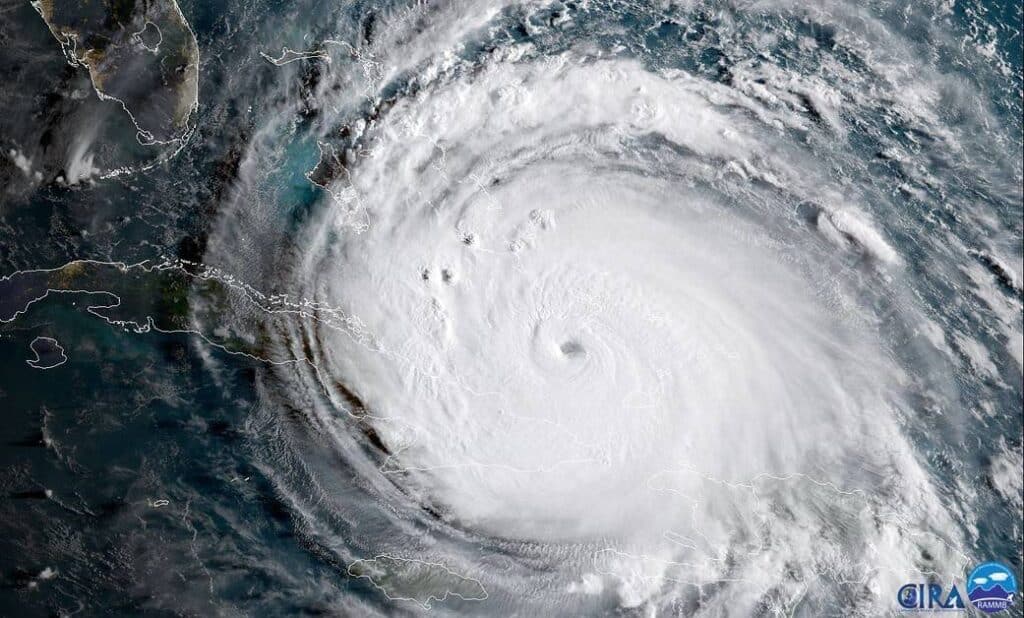
Despite being one of the world’s most vulnerable regions to climate change, the Caribbean’s contribution to global greenhouse gas emissions is minuscule.
Therefore, the situation has put the region in an unfair position of experiencing the worst impacts of climate change without having caused it.
The predicament has led to growing calls for climate justice which aims to address the unequal distribution of the costs and benefits of climate change mitigation and adaptation.
As a Caribbean journalist, it is essential to report on these issues and ensure those who play a greater role in causing climate change are held accountable.
It is also crucial to amplify the voices of those most affected and provide a platform for them to demand climate justice.
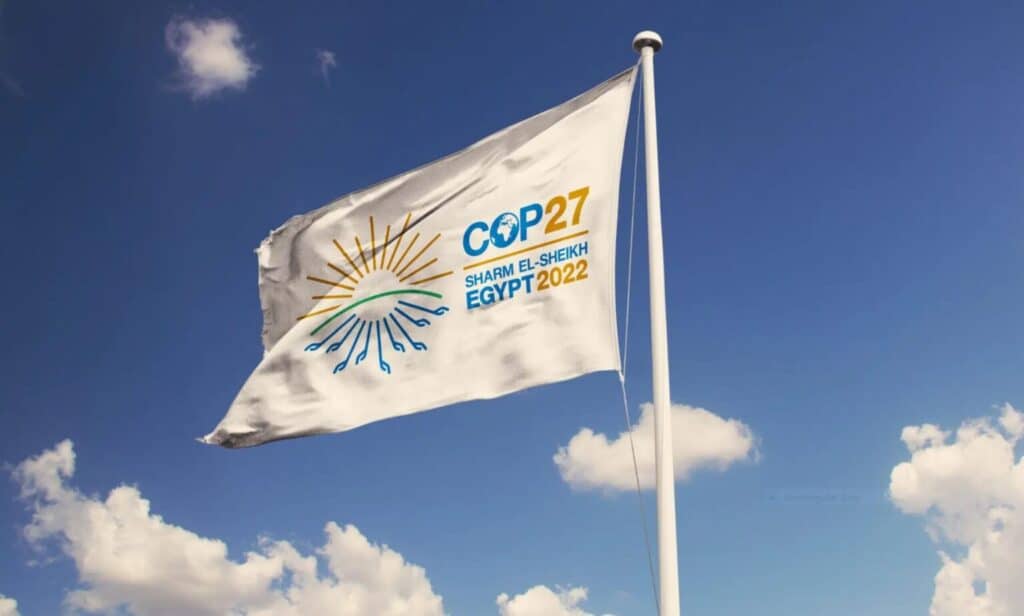
According to UNESCO, “three of the media’s traditional roles – informing audiences, acting as watchdogs, and campaigning on social issues – are especially relevant in the context of a changing climate.”
It is therefore important to hear the opinions straight from “the horse mouth” by sharing the perspectives of Caribbean media practitioners who work tirelessly to bring news and information on current affairs including climate news.
Guyanese reporter O’nielka Bacchus
For over five years, O’nielka Bacchus has been a television reporter in Guyana and her reports have touched on how fundamental it is for citizens to be aware of climate change.
She said, “If people do not understand the value of environmental education, then why would they appreciate it?”

Bacchus told Cari-Bois, “The media controls narrative, it can influence people, it can educate people and the more information is put out there, the more people become aware of certain issues.
“For example, we all hear about global warming, climate change, rising sea level, but I don’t believe people truly understand how serious it will be for Guyana, when we go through these climate crises.”
Bacchus holds a BSc in environmental studies and explained to Cari-Bois that when preparing to create news stories, things don’t always go as planned.
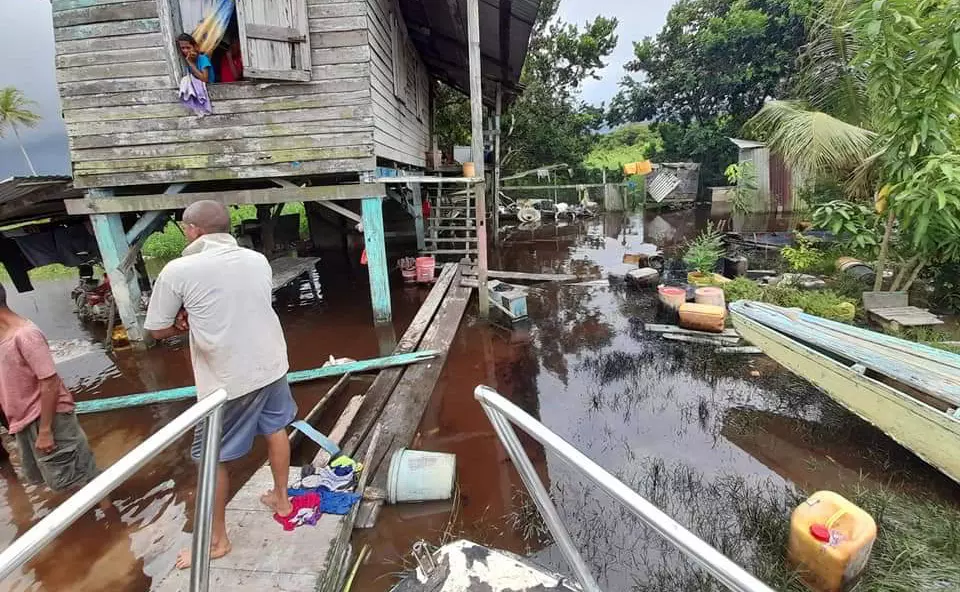
To Bacchus, one of the most challenging aspects of reporting is accessing information or data from government institutions, or certain private organisations which can be a setback especially when doing environmental reporting.
She said, “While we can interview environmental activists that are presently working to raise awareness in the public about certain environmental issues, there’s only so much information that we can get from them.”
To produce well-rounded and balanced stories, especially on climate change, Bacchus added journalists need facts and statistics from government organisations.
Belizean journalist André Habet
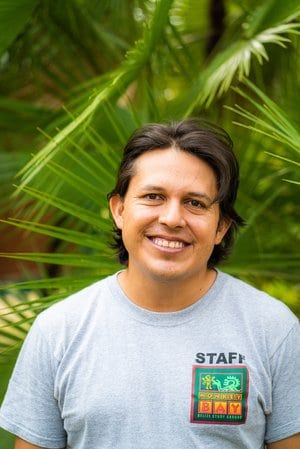
Belizean journalist André Habet thinks that journalists must clearly connect the dots of climate change for people to understand climate affairs.
He said, “It (climate change) is often not legible to people that are not already involved in environmental work.
“Therefore, the task of the journalists is to clarify those connections and demonstrate how enmeshed people and the environment are, especially in the case of stories on pro-capital projects that promise to boost economic well-being in exchange for environmental degradation.”
By producing comprehensive stories, Habet added, “Publications and journalists both expand their sense of what a climate justice story is.
“The story doesn’t always have to be about a clear battle between communities and governments or corporations but about more nuanced shifts in communities that may not be perceptible in a singular moment.”
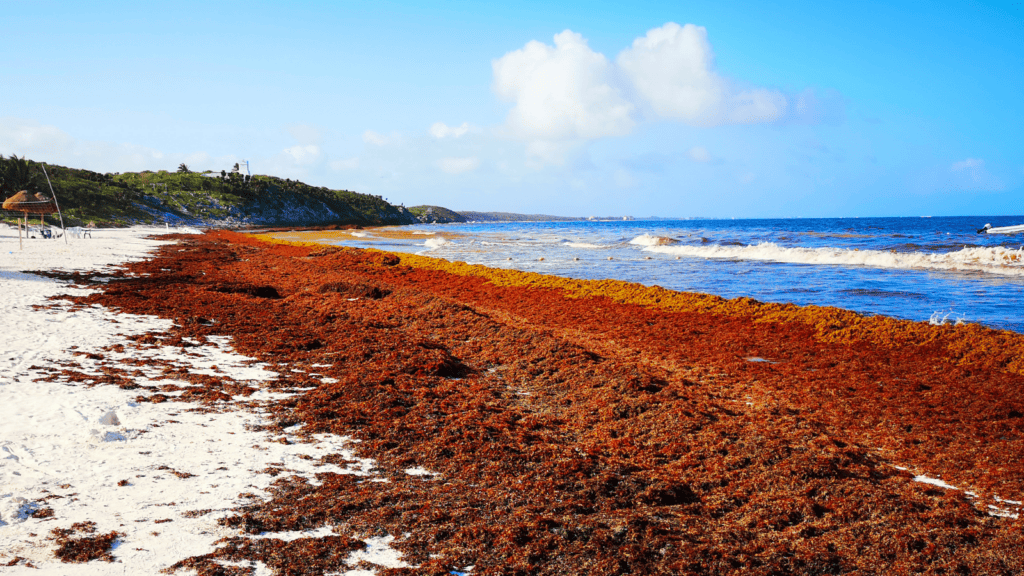
Dominican reporter Elvira Hernandez
With over years experience in digital and print media in the Dominican Republic, multimedia journalist Elvira Hernandez told Cari-Bois her journalistic skills have been shaped by years of studies.
She has a degree in social communication and public relations from the Autonomous University of Santo Domingo and a master’s degree in digital marketing management and responsible international trade.
When reporting on issues like climate change, Hernandez said, “It is necessary to identify the most felt needs of society, knowing who the audience is and expressing the focus or purpose of the story concisely.”

“The importance of climate justice is essential to the critical landscape in which we live. It seeks due respect for the rights of environmental activists and redress for the most vulnerable countries for climate wrongs committed by more developed nations. It is therefore imperative to address the climate crisis by identifying those responsible for environmental degradation.”
Dominican journalist Elvira Hernandez
Guyanese journalist David Papannah
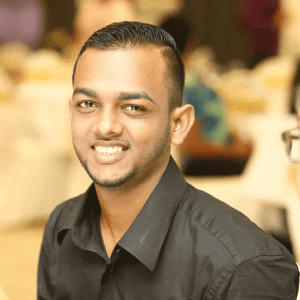
Sharing his experiences of working as a journalist providing coverage on current affairs and news for over a decade, Guyanese journalist David Papannah expressed that there is a need for more reporting on climate issues in the region.
He told Cari-Bois, “It is not a topic that we as reporters dedicate attention to or focus on.
Yes, there are climate reports, but it’s just not an everyday topic that we do report on.”
Papannah is also calling on journalists to “go after reports that are a bit more technical or a bit more in depth to explain certain things.”
In his opinion, reporting on the issue has only touched the surface and there’s a need for journalists to give more advanced coverage on the issue.
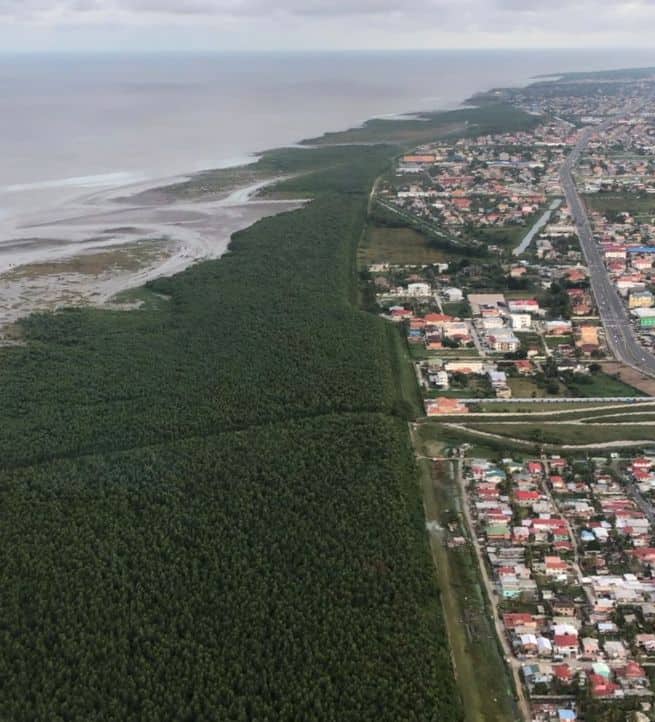
Given Papannah has a keen interest in socio-environmental issues, he wants to see more training opportunities for journalists in specialised areas like climate education.
He explained, “The Guyana Press Association (GPA) can play a more prominent role in providing assistance to report on climate.
“But it shouldn’t just be the GPA alone as there are many stakeholders in Guyana that can assist like Conservation International (CI), World Wildlife Fund (WWF) and even the Ministry of Natural Resources.”
Surinamese journalist Priscilla Misiekaba-Kia
Based in Suriname, Priscilla Misiekaba-Kia has covered a wide range of topics and areas of interest.
With nearly six years of journalism experience, she began her career in 2017 with Suriname’s oldest newspaper, Dagblad De West, and has since worked as a freelance journalist for two online news sites.
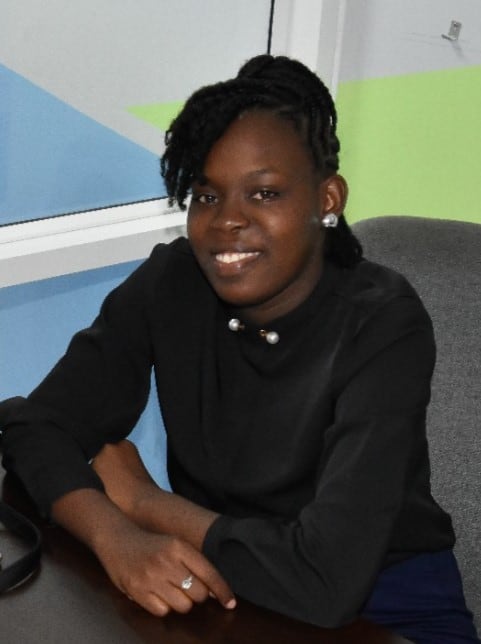
While describing her experience reporting on climate change, Misiekaba-Kia said “the unequal distribution of climate burdens and resources – within and between countries and social groups – is not easily visible.”
As a journalist, she said it is important to investigate how marginalised communities are often disproportionately affected by natural hazards like pollution and natural disasters.
In some cases, there is also the unequal distribution of emergency aid from governments or institutions.
While spelling out the disparities of the climate crisis, Misiekaba-Kia says reporters can also use their platforms to share information which can help marginalised communities improve their resilience and disaster preparedness.
“I think the journalist should explain to the audience or reader that the climate crisis is urgent and requires immediate action. We should also bring a diversity of perspectives and voices to the conversation around climate change. They help give a boost to the voices of those who are most affected by climate change, including indigenous communities and marginalised groups.”
Surinamese journalist Priscilla Misiekaba-Kia





